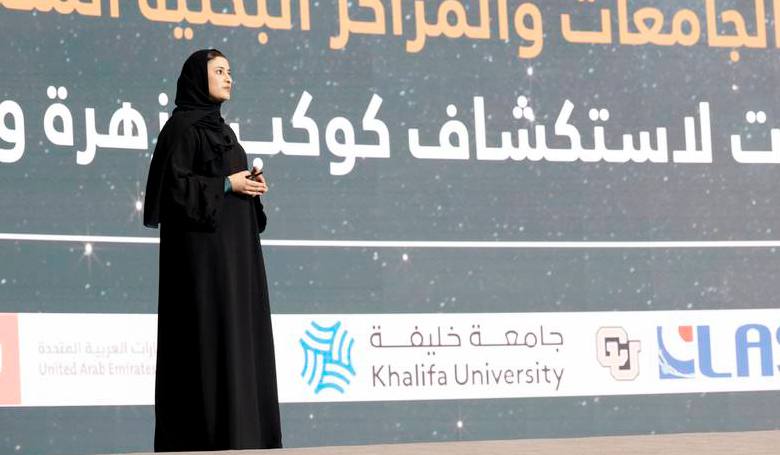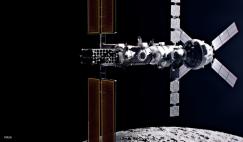The United Arab Emirates has plans to visit Venus on its way to exploring the asteroid belt between Mars and Jupiter, Sheikh Mohammed bin Rashid, Vice President and Ruler of Dubai announced yesterday.
"Today, among the 50 projects, the UAE launched a new space mission... a mission to explore the planet Venus and 7 other asteroids in the solar system... and the first Arab landing on an asteroid..”, Sheikh Mohammed wrote on Twitter.
The mission is scheduled to launch in 2028, and will spend five years exploring our cosmic back yard before culminating in an asteroid landing attempt in 2033; a feat only achieved by three other space agencies to date.
Along the way, the UAE aims to flyby Venus mid-2028. Venus has become a focus of interest in the last couple of years after research suggested that phosphine discovered in the planet’s thick atmosphere was due to microbial activity. Further studies have since come forward to dismiss this idea, but the hypothesis is not dead and buried yet.
This 3.6 billion-plus kilometre journey will be made in a spacecraft that will take seven years to build. It is expected that the University of Colorado who partnered with the UAE on their Hope probe that reached the Martian orbit in February this year, will again be involved in the mission.
It will use advanced technologies to navigate through the Solar System and get as close as 109 million kilometres from the Sun.
Four asteroids in 2030 will be explored, a fifth in 2031 and a sixth in 2032. The spacecraft’s seventh asteroid visit, a yet-as-unnamed-destination, will be the location of the attempted touch down.
Along with advancing the country's space engineering, scientific research and exploration capabilities by gathering “crucial new data that will contribute to our human knowledge of the origins of the Universe and the formation of our Solar System”, the mission is also aimed at creating more opportunities in the private sector.
“Our goal is clear: to accelerate the development of innovation and knowledge-based enterprises in the Emirates," said Ms Al Amiri, Chairwoman of the UAE Space Agency.
"This can’t be done by going steady-state, this requires leaps in imagination, in faith and the pursuit of goals that go beyond prudent or methodical.
"When we embarked on the Emirates Mars Mission, we took on a six-year task that was in the order of five times more complex than the Earth observation satellites we were developing.
"This mission is in the order of five times more complex than EMM”, she said.
More details of the mission are expected to be released next year.











